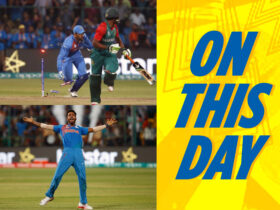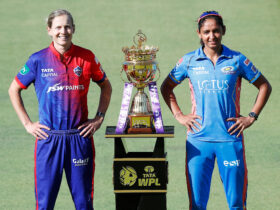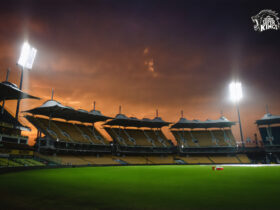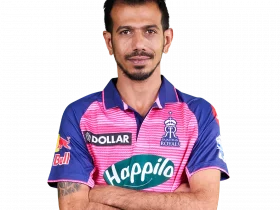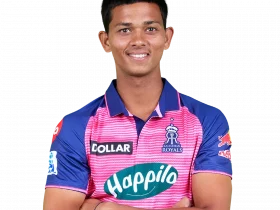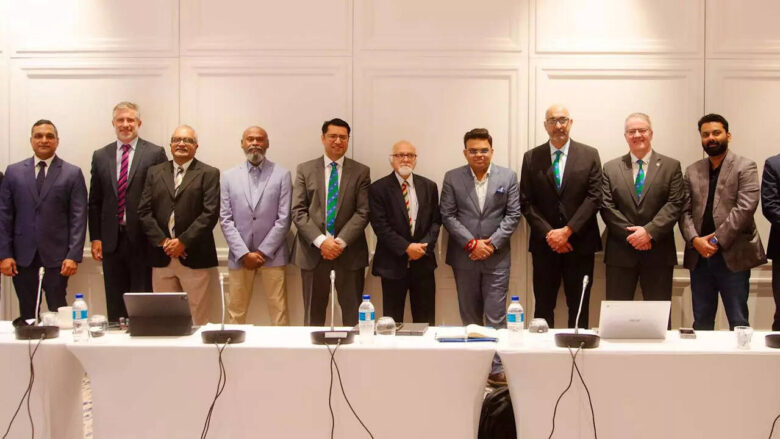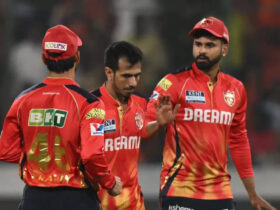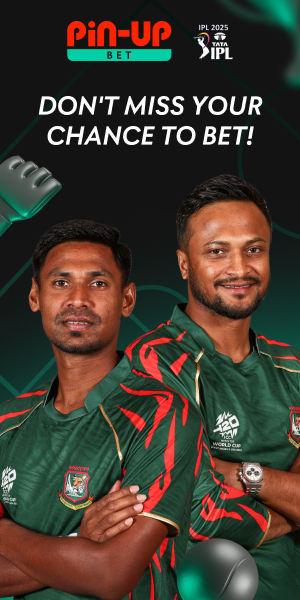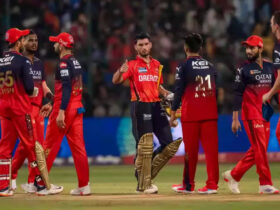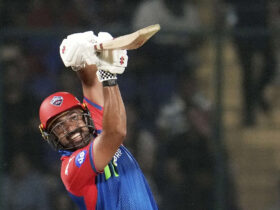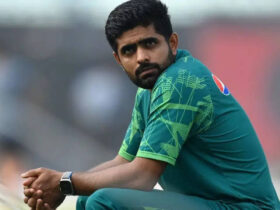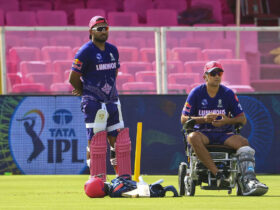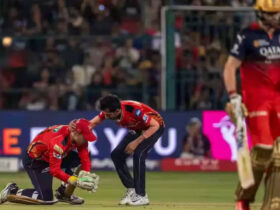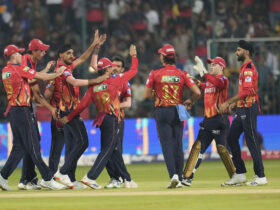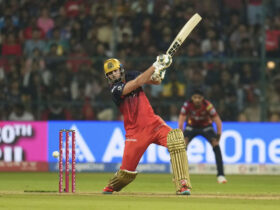ICC Draws Line in the Sand: Choose IPL or WCA, No Middle Ground
In a dramatic escalation of tensions within the cricketing world, the International Cricket Council (ICC), under the influential leadership of the Board of Control for Cricket in India (BCCI), has delivered a powerful ultimatum to players worldwide. During a pivotal four-day meeting in Zimbabwe, the ICC’s Chief Executives Committee (CEC) made it abundantly clear: cricketers must decide between participating in the lucrative Indian Premier League (IPL) or aligning themselves with the World Cricketers Association (WCA). This stark choice has sent ripples through the global cricket community, raising questions about player autonomy and the governance of the sport.
The WCA, a rebranded version of the Federation of International Cricketers’ Associations (FICA) since June last year, claims to be the voice of players, advocating for their rights and welfare. However, the ICC has dismissed this assertion, staunchly maintaining that it represents the interests of national cricket boards, not individual players or third-party unions. A senior CEC member, speaking anonymously, voiced frustration at the WCA’s interference, stating, “Who are they? What is the World Cricketers Association? To us, they’re just a trade union creating unnecessary noise.”
Central to the controversy is the WCA’s explosive 31-page report, which critiques the ICC’s revenue-sharing model under the section titled ‘Ineffective Global Distribution Models’. The report highlights a glaring disparity, with over 50% of ICC revenue funneled to the ‘Big Three’—India, England, and Australia—and the BCCI alone securing a staggering 38.5% share. The WCA argues that this model neglects smaller cricketing nations and undermines equitable growth of the sport. Their survey, involving 64 stakeholders whose names are listed in the report, questions the logic behind such disproportionate allocations.
However, the ICC and its members remain unmoved. A veteran administrator defended the current model, emphasizing the BCCI’s unparalleled contribution to global cricket revenue through the Indian market. “It’s simple math,” they remarked. “You bring more to the table, you take more. The BCCI’s market drives the game’s economy—why fix something that isn’t broken?” The administrator also noted that the revenue model, ratified by the ICC’s Finance and Commercial Affairs Committee, was a collective decision among members, rendering the WCA’s objections irrelevant in their eyes.
The CEC meeting saw unanimous backing for the BCCI’s hardline stance, with representatives from both Full and Associate Member nations questioning the very legitimacy of the WCA. Another CEC insider labeled the organization’s recommendations as “absurd” and accused it of attempting to undermine the ICC’s authority. “If we entertain every trade union that pops up, the game will spiral into chaos,” they warned, highlighting fears that engaging with the WCA could set a dangerous precedent for cricket’s governance structure.
Historical context adds another layer to this conflict. The ICC has previously engaged in dialogue with FICA, the WCA’s predecessor, but a similar conversation with the rebranded entity seems unlikely at present. An ICC insider revealed, “No decision was taken on the WCA report, nor is one expected. We’re still deciphering their structure and intent—some of their suggestions simply ridicule the ICC’s role in the ecosystem.” This reluctance to negotiate underscores a deepening rift between cricket’s governing body and the players’ association.
As the debate rages on, the lack of clarity around the WCA’s recognition—especially by powerhouses like the BCCI—casts a shadow over its future influence. Meanwhile, players are left in a precarious position, torn between the financial allure of the IPL, often dubbed the “crown jewel of T20 cricket” with its massive contracts and global viewership, and the ideological stand of the WCA, which promises to fight for their long-term interests. With IPL 2023 having generated over $1.5 billion in revenue for stakeholders (as per industry estimates), the stakes are incredibly high for cricketers who rely on the tournament for career-defining earnings.
In an attempt to seek official clarification, TOI.com reached out to Mr. Gaurav Saxena, the ICC’s newly appointed General Manager – Events and Corporate Communications. Unfortunately, no response was received at the time of publication. This article will be updated should the ICC provide an official statement.
In conclusion, the ICC’s uncompromising message has ignited a firestorm in cricket circles, framing the WCA as an outsider challenging the established order. As this power struggle unfolds, the cricketing fraternity watches with bated breath—will players prioritize financial security with the IPL, or rally behind the WCA’s push for reform? One thing is certain: the battle for cricket’s soul is far from over, and its outcome could reshape the sport for generations to come.


